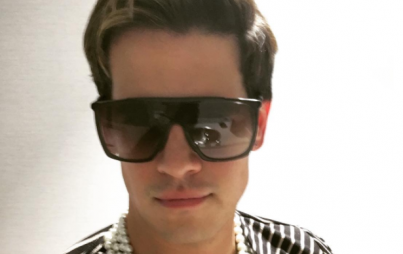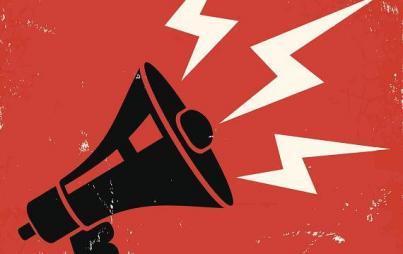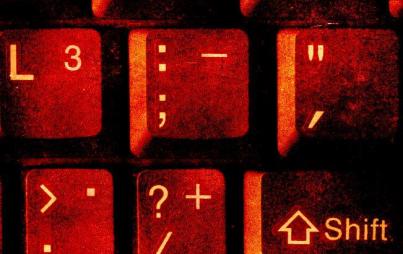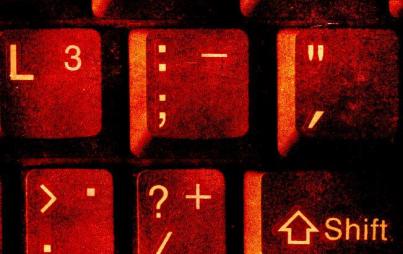
I was not recruited, nor did I enlist—I became a social justice warrior by way of wandering into the armory. I started at Ravishly amidst the first flint-sparks of what would be known as GamerGate. I took a break from writing about Elton John-branded pinball and arcade wrestling games to tap out some affirmations that Eron Gjoni was a top shelf crybaby, taking for granted a warm spot under Bally’s Dolly Parton when I was done.
But there were additional levels. And they all sucked. A pit sprawled beneath us. My partners had their personal information released. My friends were driven to self-harm. I became an expert on the movements and motivations of entitled brats mobilized to promote a white supremacist media purge of marginalized voices. Every pixel of paranoid ranting I came across was a papercut along anaesthetized flesh—it killed a part of me I could no longer feel.
When I first tasted tear gas at the Oakland protests, the vomiting and nausea of needing my mama gave way to a wretched sort of relief: I no longer had to care about GamerGate. There were helicopters over my house and the police were firing rubber bullets into crowds of people. That video games shit—it didn’t matter.
But when something you love—something that for better or worse forms a core component of your personal history (my first writing job was as a game reviewer at 19)—”doesn’t matter,” you have invited decay. Numbness abhors a vacuum. As the violence in the Bay escalated, GamerGate got  their feet further and further into the door of “real life” and I stared so long into the abyss, as it were, that my eyes glazed over, replaced with the dull din of a “NO VACANCY” sign in disrepair.
their feet further and further into the door of “real life” and I stared so long into the abyss, as it were, that my eyes glazed over, replaced with the dull din of a “NO VACANCY” sign in disrepair.
I avoided people over the holidays. I stopped answering phone calls or emails—one editor needed to email me every day for a week, finally titling the fifth “ANSWER RIGHT NOW I SEE YOU ARE ONLINE” to get a single-sentence reply out of me.
There were days when I just wasn’t there. I don’t even know who you were talking to or what was said. I was just gone.
As the Arcade Expo loomed, slowly lowering over me, I had more than a fleeting consideration of cancelling the trip. Something horrible could happen while I was gone and then I wouldn’t be able to be advise everyone on just how awful it was, really, and then I’d have to find something else to occupy myself with. I was eventually cajoled into following through with it by my girlfriend and editors, who insisted that I deserved the break. I told myself that I’d find a way to make the trip worth the money—I’d find something “viral” and “noteworthy.”
Banning, California, a good seven hours drive south of the East Bay, seemed a good place to die, at the platonic level. Whenever we passed an abandoned mall or boarded-up smoke shop, we would put on our Buzzfeed voices: “5 Cool Places To Be Murdered In Banning!” I’d like to own up to my super original sense of humor, but the truth is that a lot of people within the media seemed to agree with me. Over three days, the only press people I ran into were there for pinball-specific publications, one of whom immediately recognized me 10 minutes inside the building as “that girl who did acid at Pin-A-Go-Go.”
Now: I’m not suggesting that setting the world record for most games of simultaneous pinball or having over 750 pinball and arcade machines in one place necessitates other sites sending a crew of three people to the middle of Murder County for four days. With social media replacing traditional news gathering methods, the cost of “on the ground” journalism continues its spiral into almost total unsustainability.
But larger, more visible avenues of media had the opportunity to indulge themselves with a refresher course on what games were meant to be. Communal. Inclusive. Joyous. For three days, hundreds of people crammed into an otherwise out-of-the-way convention center to play games. There were no death threats. There was no dirty money. No DLC.
There was a chance for us all to celebrate that sometimes games are nice. A mother and daughter played "The Simpsons." People formed a crowd to watch a guy try to beat his personal best at "Zookeeper." Some got to play pinball machines that would otherwise be inaccessible to them through scarcity and physical distance.
 I’ve been writing about pinball for a year now—I’d never seen "Pink Panther" or "Teenage Mutant Ninja Turtles" in person. All our eggs are going into the basket of digital distribution, accelerating the proliferation of the anonymous gamer troll.
I’ve been writing about pinball for a year now—I’d never seen "Pink Panther" or "Teenage Mutant Ninja Turtles" in person. All our eggs are going into the basket of digital distribution, accelerating the proliferation of the anonymous gamer troll.
These experiences, where generations of lollygaggers come together to waste weekends, where people cram into tiny theater rooms harangued by the ever-present dirty heat of popcorn makers and body odor, to watch the life story of a guy with a dream—they matter. If not to you, then to them. Someone should be here to witness that.
Now you might think this is a pretty shallow attempt at reassuring myself that it’s OK to want to write about games instead of “heavy stuff” by making it about martyrdom in the face of larger media inaction.
But whatever. I got to interview major figures in the gaming community about the inclusion of women while Jezebel was writing about Lindsay Lohan selling car insurance.
Spite is not always the best way of caring for yourself and giving yourself what you want, but it’s a start when it’s all you have.
I’m resetting the game and picking the character that actually represents who I am. I think games are nice. I occasionally get sexually excited by pinball. It is not heresy. I will not recant. I will accept this about myself, if only out of disappointment at other people’s refusal to do so about themselves, and it will make me a better, more compassionate activist. Or I’ll get holed up in my room for three days trying to write Stargazer fanfic. Again.
It’s a fresh new game and I look forward to all the ways I can fuck it up and get frustrated. It’s not the best feeling but I’ll cling to it, like the folds of the fabric in my dress, until I can find another human’s hand to hold through a night of fear at my own worthlessness.
Coming up, I’ll be publishing my interviews with Billy Mitchell, Walter Day, and Twin Galaxies owner Jace Hall.
Today, you can have these:









